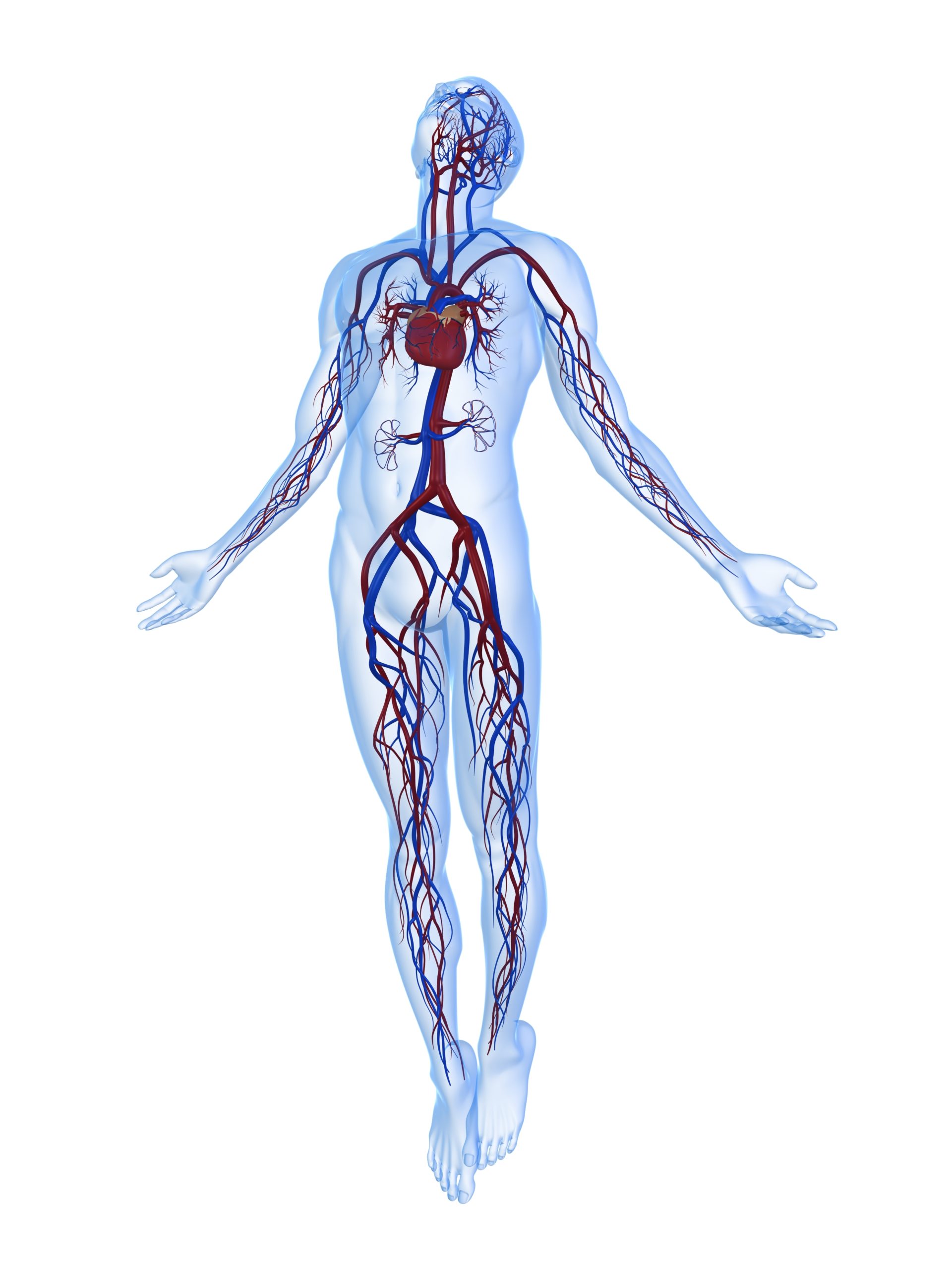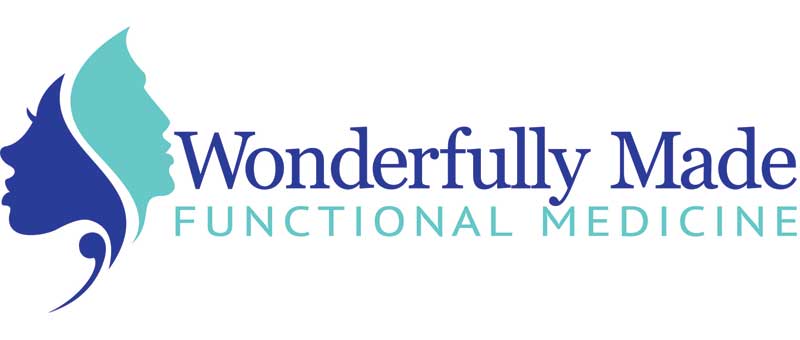Is Hashimoto’s Disease the Cause of Your Hypothyroidism?
Hashimoto’s Disease is the most common cause of Hypothyroidism (underactive thyroid).
The problem is that not all doctors will test to confirm whether or not you have Hashimoto’s, and instead will only treat the Hypothyroidism but won’t address the underlying cause.
This can put a temporary band-aid on your symptoms but doesn’t address the ongoing damage being done to your thyroid gland.
What is Hashimoto’s Disease?
Hashimoto’s is an autoimmune disorder that causes an overactive immune system to attack your thyroid gland because it views it as a foreign invader rather than a gland that is part of your body.
When this occurs, your body produces thyroid antibodies which will show up on a simple blood test. If you have antibodies present, you have Hashimoto’s.
If your doctor only tests you for the conventional “standard,” TSH (Thyroid Stimulating Hormone), and possibly a T-4 level, you will never know that you have Hashimoto’s.
Many conventional doctors still think the best approach for treating BOTH Hypothyroidism and Hashimoto’s is Thyroid Hormone Replacement Therapy.
This approach is outdated and completely wrong because while your symptoms may be addressed, you will continue to get sicker.
At Wonderfully Made Functional Medicine, Dr. Wood always runs a full thyroid panel of lab testing so that she can accurately diagnose exactly what your thyroid issue is and treat it accurately.
We can treat your Hashimoto’s Disease. Contact our New Patient Coordinator to learn more.
New Patients Call: 972-382-5597
Causes of Hashimoto’s Disease
Hashimoto’s Disease comes on gradually. In its earlier stages, you may have no symptoms of Hypothyroidism at all.
Causes can include:
Leaky Gut Syndrome, also known as Increased Intestinal Permeability
Chronic viral, bacterial, or fungal infections
Exposure to toxins
Prolonged, chronic stress
If Hashimoto’s is detected early, taking action to reduce the triggers can reduce the antibodies and actually prevent the onset of Hypothyroidism.
This is why it is so important to have a full thyroid panel of testing done whenever you have your routine bloodwork completed, or you may never know that you have Hashimoto’s until damage occurs to your thyroid gland and you become symptomatic.

Hyperthyroidism and Hypothyroidism
When antibodies start to attack the thyroid gland, you may experience signs of both Hypothyroidism (underactive thyroid) and Hyperthyroidism (overactive thyroid gland).
This is because, initially, your thyroid may release too much thyroid hormone. Over time, as the thyroid gland degrades from constant attack, your thyroid will be unable to produce enough hormone, and you will have Hypothyroidism.
The thyroid gland is a major player in your endocrine system, and when imbalanced, can cause a host of symptoms, along with other hormonal imbalances.
Consider that the thyroid gland is the “gas pedal” of your metabolism. Too little of this hormone can cause symptoms to include:
Weight gain, or the inability to lose weight Constant fatigue Increased cold sensitivity Chronic constipation Dry skin Hair loss Depression/Anxiety High cholesterol Infertility Hoarseness (Hypothyroidism can also cause goiter) Muscle weakness/pain Brittle nails Missing outer third of eyebrows Joint pain Poor concentration and memory Overactive/Weakened immune system
Thyroid problems can also be genetic. If you have family members with thyroid issues, it is best to get tested annually beginning in your mid to late twenties.
Additionally, Hashimoto’s is also far more common in women than in men. Symptoms most often appear between the ages of 40 and 60 but can also occur in teens or young people.
Additionally, you are far more likely to develop the condition if you have other autoimmune disorders since the underlying causes create a generalized, overactive immune response.
Hashimoto’s Treatment
If you have Hashimoto’s Disease, treatment of replacement thyroid hormone isn’t enough.
Underlying causes must be addressed in order to prevent the progression of the disease and other autoimmune conditions from occurring.
The labs that Dr. Wood runs include testing of TSH, T4, T3, RT3, and both thyroid antibodies.
Additionally, if you have Hashimoto’s Disease, Dr. Wood is committed to helping you identify all imbalances in your body, along with any potential underlying causes.
Hashimoto’s can be caused by a number of things, such as gluten and other food sensitivities, unhealthy gut problems, infections, and nutritional deficiencies.
When it comes to thyroid treatment, our patients are happy to know that a Hashimoto’s disease diagnosis means a better treatment plan with a better outcome.
You will also have a clear picture of your overall health, which can help her to provide you with the steps to better health and better quality of life.
Diagnosis and treatment of Hashimoto’s Disease can include the following:
Food sensitivity and GI testing
Specialized or elimination diets
Detoxification testing and treatment as needed
Reducing inflammation levels
Treating infections as applicable
Low-dose Naltrexone
Hormone balancing
Supplementation as needed
Stress reduction education/emotional therapy recommendations
Dr. Wood will initially meet with you to go over your symptoms and health history. She will then order a series of comprehensive and advanced labs designed to pinpoint any hormonal imbalances in addition to the thyroid and to detect autoimmune disorders.
These tests also look at other health markers to provide a whole-body picture and address any other underlying issues so that you can achieve optimal health and wellness!
Contact our New Patient Coordinator
Call us for a consultation to see how we can help. We’ll answer any questions you have and explain our treatment approach, protocols, fees, and options. Or fill out the contact form below, and we will contact you at a time that is convenient for you.
New Patients Call: 972-214-5641
Contact Us by filling out the form below.
"*" indicates required fields

